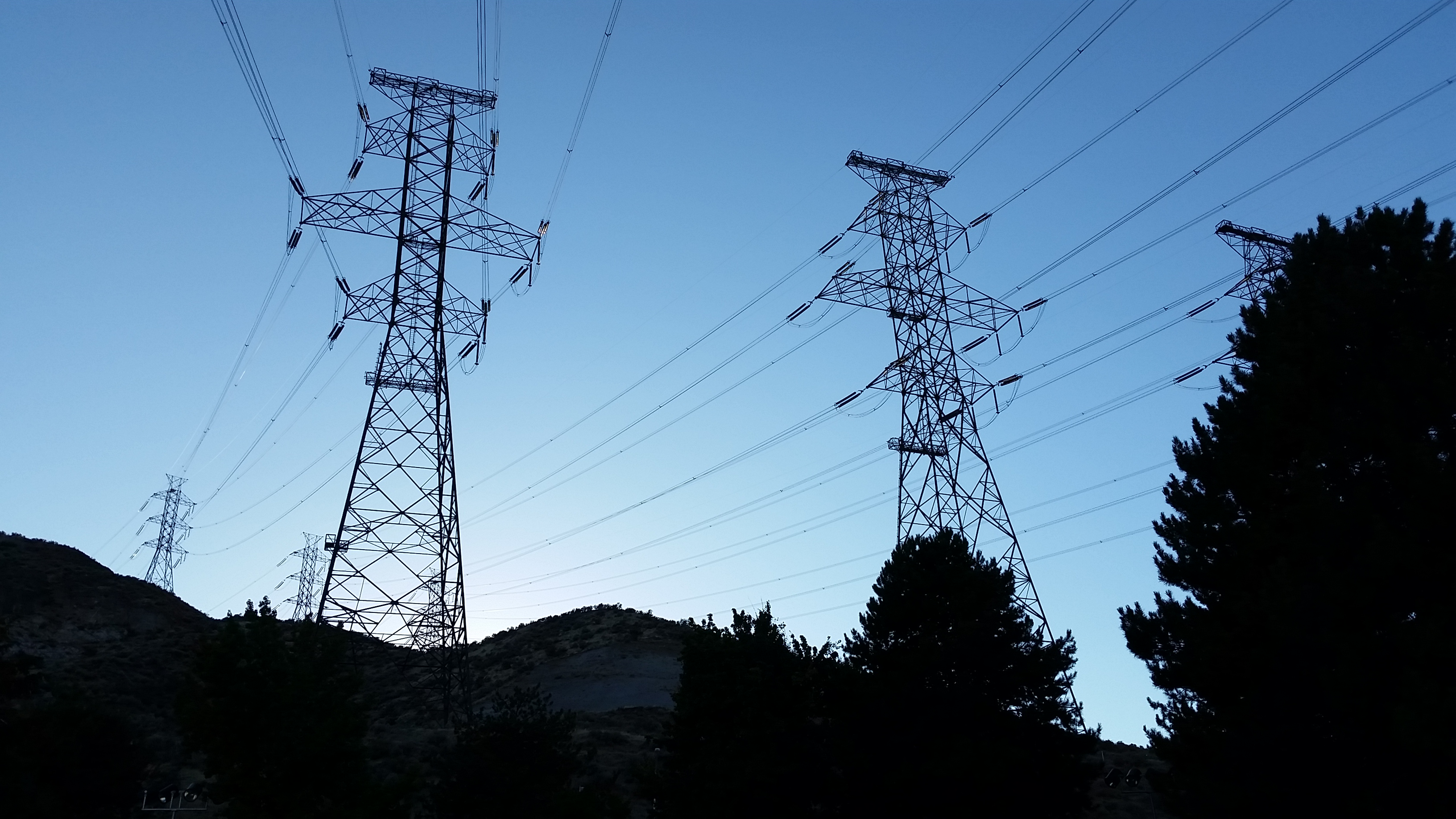India’s electricity markets are set to undergo significant changes in the shift towards renewable energy. Ministry of Power constituted a Group for “Development of Electricity Market in India” under the chairmanship of Alok Kumar, Secretary, Ministry of Power, with representation from Ministry of Power, Ministry of New & Renewable Energy, Central Electricity Authority, Central Electricity Regulatory Commission, Grid Controller of India (Grid-India) along with State Governments of Maharashtra, Madhya Pradesh and Tamil Nadu.
The Group for “Development of Electricity Market in India” has proposed comprehensive solutions to address key issues, including the dominance of inflexible long-term contracts, harnessing the inherent diversity of a large and synchronous grid and the need for Resource Adequacy planning in Centre and States, reduction in system inefficiencies through lesser reliance on self-scheduling, increasing share of renewables in the overall energy mix, encouraging market participation for renewables, and firmness in procurement of ancillary services through well-developed ancillary services market. The solutions are aimed at creating an efficient, optimal, and reliable market framework to enable the energy transition and integration of renewable energy into the grid.
The Group has also recommended a roadmap outlining the interventions for the near, medium, and long term. The interventions include setting up a mechanism to monitor whether adequacy of supply is being maintained by the state utilities, enhancing the efficacy of the Day-ahead Market, introducing a market-based mechanism for secondary reserves, and implementing 5-minutes based metering, scheduling, dispatch, and settlement. The proposed changes also include demand response and aggregation, which could reduce reserve requirements and lower electricity costs. There will be strengthening of market monitoring and surveillance activities to keep track of participation and prevent price volatility. A regional level balancing framework for deviation management will be implemented which would result in reduction in deviation penalties for the States at the ISTS level and consequently lower the reserve requirements.
Speaking on the occasion, Union Minister of Power and New & Renewable Energy RK Singh, while appreciating the work done by the Group, said the proposed reforms are crucial to meeting India’s renewable energy targets, and will also create a conducive environment for investment in renewable energy. The changes will enable better grid integration of renewable energy and pave the way for a cleaner, greener future. Singh said that India’s energy transition towards renewable energy has further highlighted the need for enabling operational and electricity market developments to operate under a new energy order.
The Union Power & NRE Minister also said that we need to find out our own solutions instead of depending on the practices being followed in other countries. “India has been in forefront of taking timely interventions and was able to keep electricity prices in check during the energy crisis in last one year whereas electricity prices shot up many times in electricity markets of many developed countries,” Singh added.
The minister emphasised on the need of ensuring procurement of most efficient power generation capacity while designing the capacity contracts and also agreed with the recommendations of having long term PPAs (Power Purchase Agreements) of 12-15 years duration now onwards. The Union Minister also directed to immediately undertake development of new RE capacity based on Contract for Difference (CfD) methodology in order to ensure competition and transparency. He directed that the power exchange clearing engine may be validated by CERC.
According to the latest data for 2022-23, the total traded volume in the Indian electricity market was 1,02,276 MU, which represents only a small portion of the energy generated from all sources (including RE) of 16,24,465 MU. The peak demand for electricity in 2022-23 was 215.8 GW, and it is expected to increase to 335 GW by the year 2029-30.


























